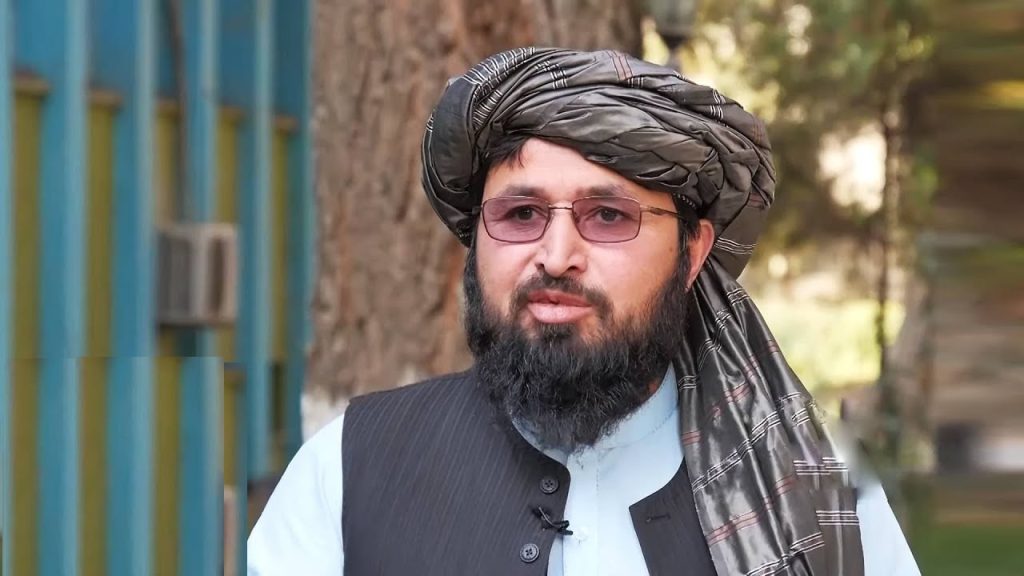KABUL: The Islamic Emirate Afghanistan has firmly rejected the recent report from the Special Inspector General for Afghanistan (SIGAR) alleging that the Taliban gains indirect benefits from US-funded education assistance.
In response to the SIGAR report, Bilal Karimi, Deputy Spokesman of the Islamic Emirate, dismissed its findings as grossly inaccurate and stressed that the IEA acts in the best interests of Afghanistan.
Karimi stated, “The claims made by SIGAR regarding Afghanistan are far from reality. The Islamic Emirate makes all decisions and manages affairs in Afghanistan based on its principles and the nation’s welfare.”
The recent SIGAR report suggested that the Taliban leverages US education funding by establishing deceptive NGOs to receive donor support and by infiltrating and coercing existing Afghan NGOs engaged in providing educational aid.
SIGAR Report Reveals Decline in Afghan Education
According to SIGAR, this has led to an 8-province decline in boys’ secondary school attendance, and a private university immediately lost half of its enrolled students after August 2021. Furthermore, women’s educational programs at the university have been severely affected by Afghan government policies, resulting in staffing shortages due to restrictions on female teachers.
Economists have shared diverse opinions on SIGAR’s report. Economist Seiyar Qureshi suggested, “I believe that, from the beginning, the United States and its allies have been aware that the Islamic Emirate in Afghanistan has access to approximately $30 to $40 million sent there weekly, in addition to other forms of aid.”
The UN Security Council had previously reported the suspension of 56 humanitarian aid programs in Afghanistan due to the Islamic Emirate’s involvement. Nonetheless, the Islamic Emirate has maintained that its primary role is providing security for relief organizations and that it refrains from interfering in their internal affairs.


